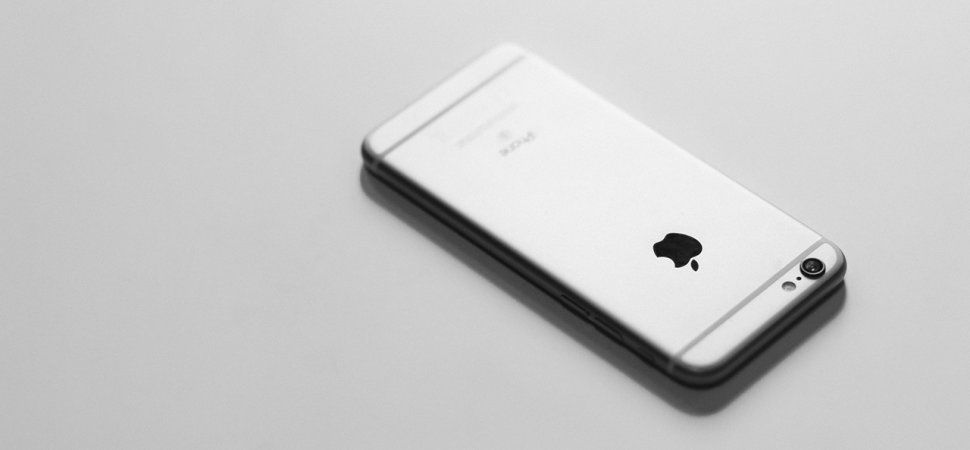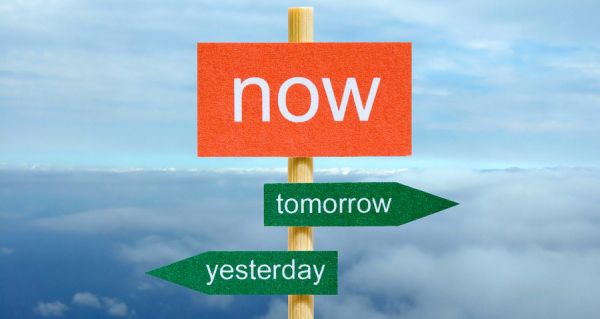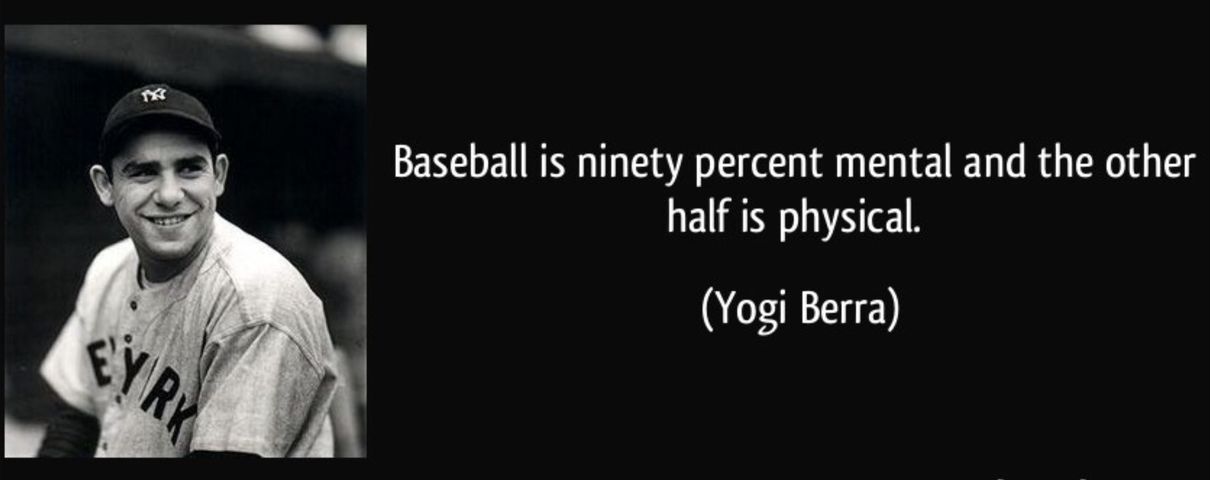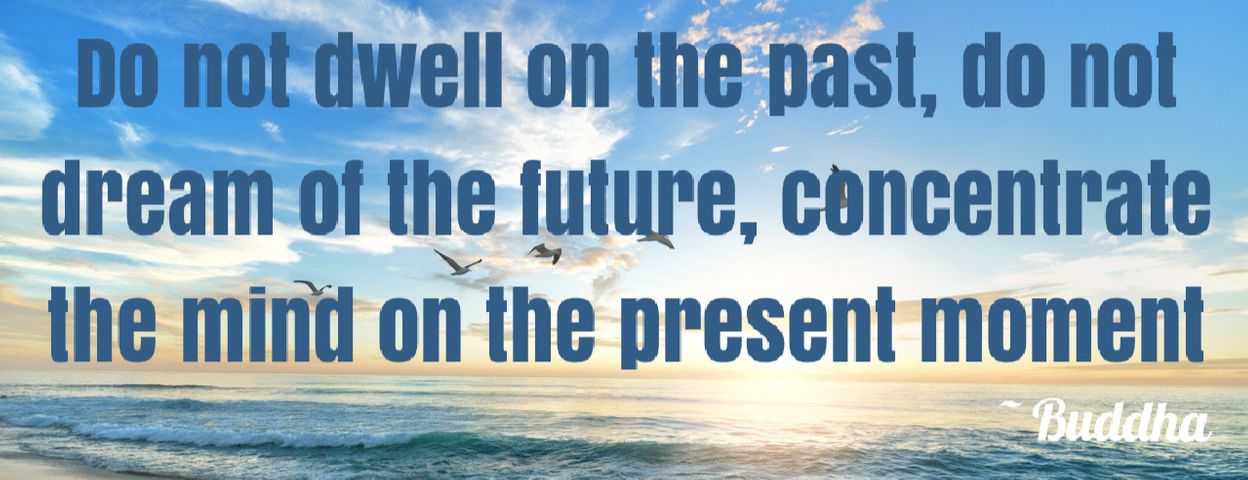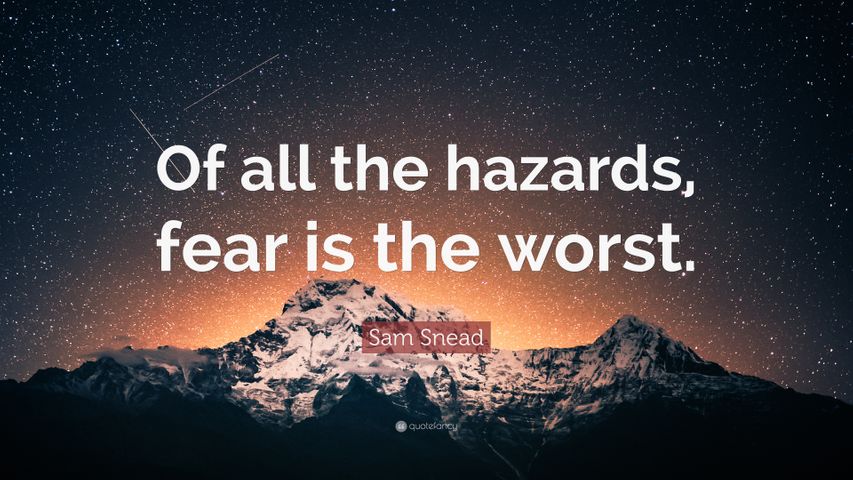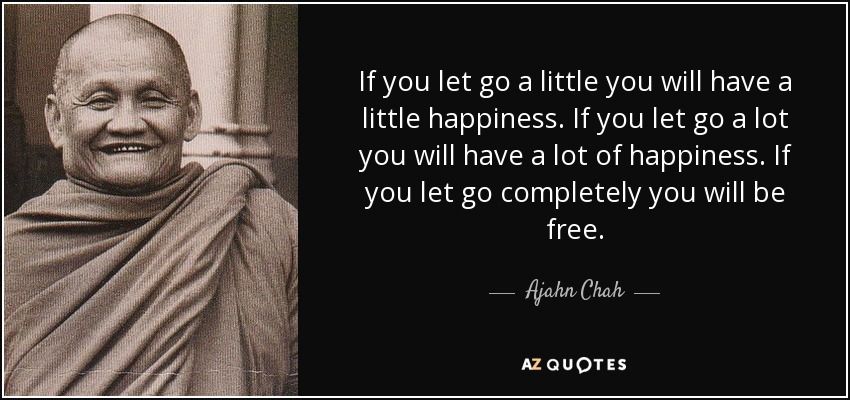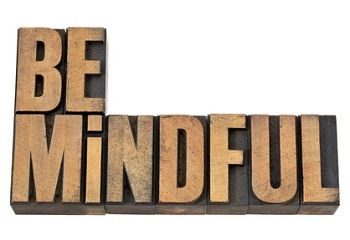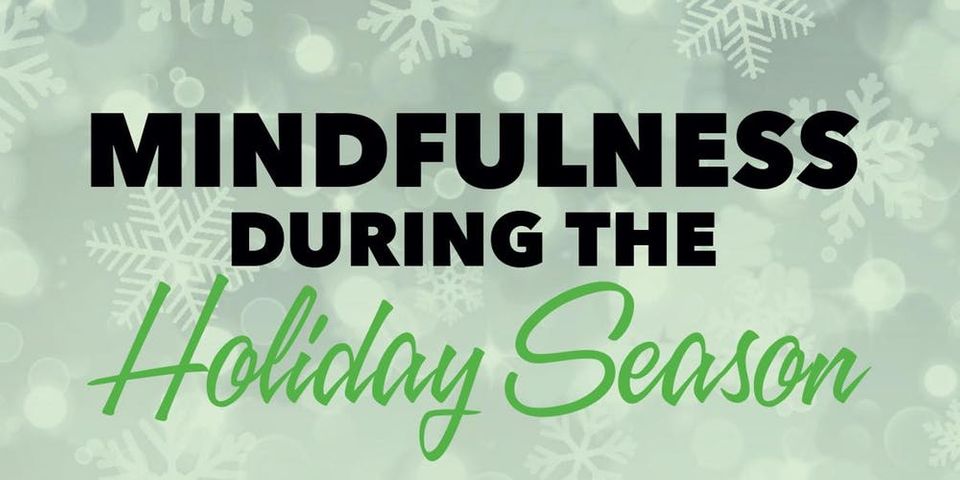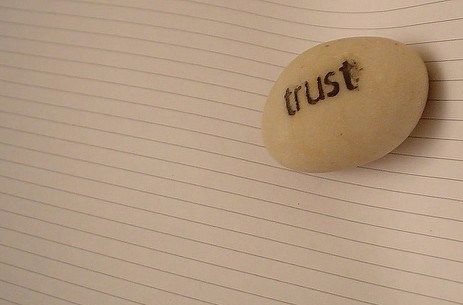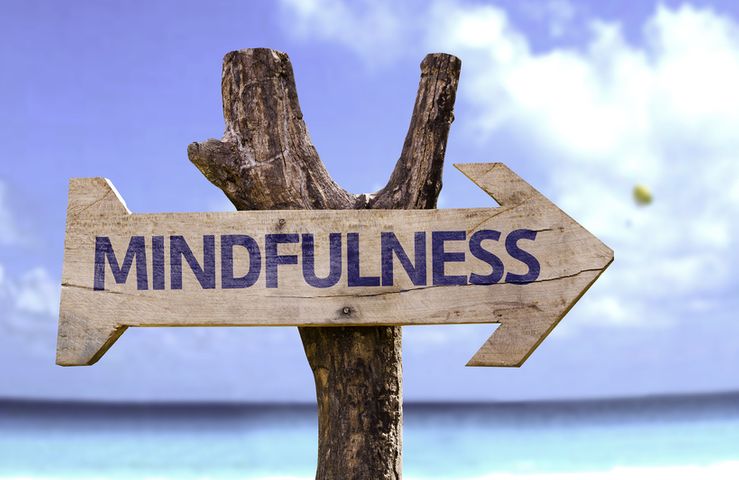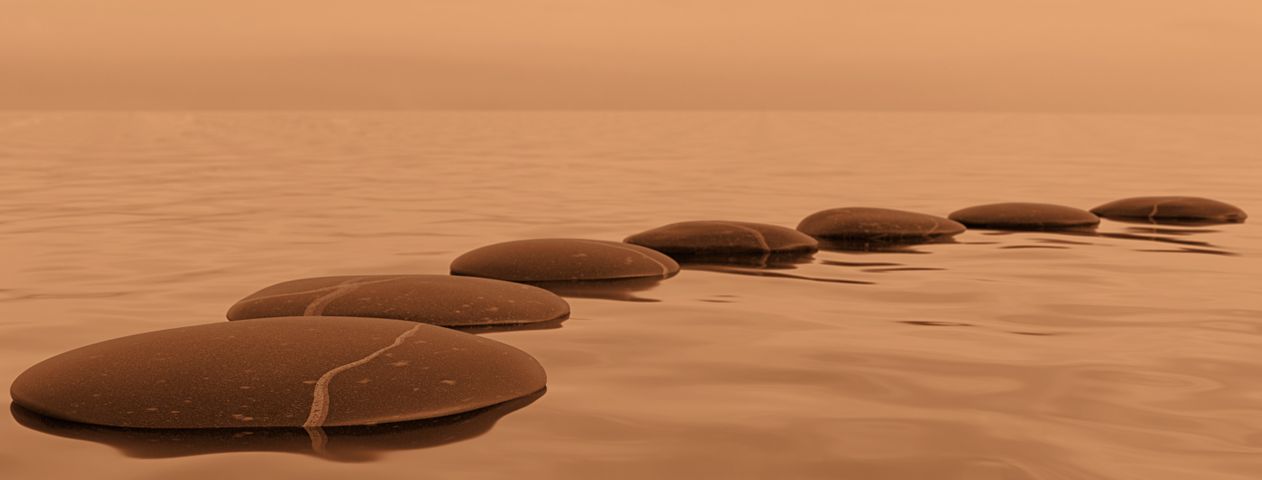Mindfulness Articles
Benefits of Decreasing Screen Time
If you’re like most people, you’re probably staring at your computer screen for long periods of time each day. In fact, a report finds that Americans get close to 11 hours of screen time every day. And while an electronic device’s screen may not seem like a potential health hazard, it can cause serious discomfort and sleep issues. Below, are four ways of limiting screen time can help improve your health and productivity.
It can reduce eyestrain. Staring at a screen all day may lead to Computer Vision Syndrome (CVS). Consider using the 20-20-20 rule: Every 20 minutes, look at something 20 feet away for 20 seconds.
It can help prevent headaches. A...
Legacy
Please forgive my indulgence to share a very deep lesson I learned this past year. It's not a new lesson for me, but a powerful reminder of one I try to keep in focus throughout my life. I will die. You will too. The question is how we will die and how we will be remembered.
This year, I had the privilege of attending two memorial services. Yes, the "privilege." Two amazing people in my life passed away after prolonged bouts with cancer.
I won't share the details of their lives because I lack the ability to succinctly convey the impact Deb Cole and Cal Brown had on hundreds of people directly and thousands indirectly. At both services, however, lives were revealed that showed two people who courageously walked into the darkness with dignity. That darkness is of course death.
The last time I saw Deb, an artist, teacher, traveler, and consummate optimist, she was smiling and laughing as though she had not a care in the world despite knowing her days were numbered. Cal, a world renowned expert on rheumatoid arthritis, avid cyclist, boater and incurable optimist,...
moreThe Top 10 Benefits of A Good Night's Sleep
When people get less than 6 to 7 hours of sleep each night, they are at a greater risk of developing diseases. All the more reason to get some sleep, right? Here are 10 reasons why you should call it an early night.
1) Sleep Keeps Your Heart Healthy
Heart attacks and strokes are more likely to occur during the early morning hours, which may be due to the way sleep interacts with the blood vessels. Lack of sleep has been associated with worsening of blood pressure and cholesterol, which are risk factors for heart disease and stroke.
Your heart will be healthier if you get between 7 and 9 hours of sleep each night.
2) Sleep May Help Prevent Cancer
Did you know that people who work the late shift have a higher risk of developing breast and colon cancer? Researchers believe light exposure reduces melatonin levels....
more11 Benefits of Walking
Walking is great for weight loss, but the benefits go far beyond—from higher energy and better mood to stress relief, a creativity boost, and more.
- Whether you’re just having a down day or a down life, taking a walk can lift your mood—especially when you go outdoors, according to a study published in the American Journal of Preventive Medicine. The study participants who averaged 200 minutes of walking every week reported higher energy levels, better emotional health, and a more robust social life when researchers followed up after three years.
Stumped for an idea? Take a quick stroll around the block. Whether you need a solution to a problem at work or you’re looking for inspiration for your novel, walking gets your creative juices flowing in all areas. One Stanford University study found that...
Mindfulness for Change, Part 14
Over the course of the last 14 weeks or so, I've been writing about the various aspects of mindfulness and about how they can be applied to both our lives in general as well as to our athletic pursuits. I hope you've come to see that mindfulness is an approach to living that can help us achieve a new way of being as we become present in our lives rather than living in the past or future. I've discussed a number of skills and will highlight a couple key ones below.
To start, mindfulness is simply paying attention to the present moment in a nonjudgmental way. Mindfulness isn't just a single skill, but rather is a collection of skills and approaches to life that with practice can help us experience our lives in entirely new ways. I want you to keep in mind that these skills are like links in a chain that work together to create a strong and useful tool. As we develop these skills, they can help us change our lives. The skills become stronger and more effective with practice.
One way to do this is to use our skills to stay in the present moment. When we practice this...
moreMindfulness for Change, Part 13
“Do. Or do not. There is no try.”
- Yoda responding to Luke Skywalker asking how he'd ever get his x-wing fighter out of the swamp.
"Who do you think will win the Super Bowl?" a friend asked. I've been thinking about the impact of mindfulness and mental image on performance and so I said that I thought that the team that would win is the team that truly sees themselves as the winners.
Not which team was saying the most in front of the cameras. I'm not talking about hype. But deep in their hearts, which players clearly see it as "being like them" to win the game.
You see, this is where it matters, that deep in our hearts as athletes we believe that we are winners. That when we mindfully listen to the inner voice deep inside us, it says that we can do it.
One story I've heard is about a world championship shooter whose rifle was damaged just before a match and he would have to borrow one. This was a huge disadvantage, just like borrowing a bike or shoes would be for a cyclist or runner. But that didn't derail him. He said, "Wouldn't it be something to...
moreMindfulness for Change, Part 12
"Baseball is half physical, the other 90% is mental" - Yogi Berra
I usually ask athletes I'm speaking with what percent of their performance is due to their mental game. I'm always surprised because they usually say that their performance is about 90% mental. Yet in asking them how much they invest in mental preparation very few ever say they do any mental preparation, though they'll spend thousands of dollars on equipment, supplements, coaching, etc.
As we've been discussing, mindful practice is a great mental skill that enables you to be "in the zone" or in a flow state where you're absorbed in the present moment and perform your best. Mindfulness skills provide practical and proven ways to focus on your performance, to ignore distracting thoughts and to avoid getting consumed in “What if?” scenarios. With mindfulness you are able to stay in the present, at your best.
Last week Lucy (of the cartoon "Peanuts") said that she dropped the ball because she let "the past get in her eyes" thinking about all the errors she had made before. As with Lucy, our self-talk...
moreMindfulness for Change, Part 11
In a Peanuts cartoon strip, Lucy apologizes to Charlie Brown for missing an easy fly ball in the cartoon's first frame. In the next frame she says "I thought I had it, but suddenly I thought of all the others I've missed..." She points out her own problem in the last frame: "The past got in my eyes!" Worrying about a past mistake, a bad race or effort will usually get you into another one just like it.
How many of us have done what Lucy did? Worry about some aspect of our performance that didn't go the way we wanted and by so doing either recreated the problem or simply didn't do as well as we could because we we're too in our heads or in the past? How many of us beat ourselves down about the past? That's an overdeveloped skill for most of us.
So many times I've heard athletes say that they don't fit in with other athletes because they haven't done as much, gone as hard, don't look right, don't have the right equipment or that they've struggled to do well in the past... As we've talked about before, these beat downs may be some kind of attempt at control, but it...
moreMindfulness for Change, Part 10
"Of all the hazards, fear is the worst." - Sam Snead, one of the all time great golfers
It is easy to misunderstand the idea of turning towards the things that scare us, especially those that lay within ourselves, and accepting them. Many think that acceptance means "just accepting" whatever happens. But, while acceptance is one part of the foundation of mindful practice, no one is saying "just accept it", especially with all the horrible things that can occur in this world. Rather, acceptance is realizing the way that things truly are and finding ways to be wise in our relationship with them. Then we act from the clarity we gain by turning towards what is and letting go of our illusions of control.
Acceptance isn't passively resigning ourselves to what happens. If everything is falling apart, if our dreams aren't going to be fulfilled, if the wolf really is howling at our door, then being aware of it, no matter how scary, gives us a place to stand. From this place we can take steps which truly fit the situation.
When we keep an illusion of control, we often act...
moreMindfulness for Change, Part 9
"If you let go a little you will have a little happiness. If you let go a lot you will have a lot of happiness. If you let go completely you will be free." - Ajahn Chah
How did your meditations on acceptance go? What did you find?
As suggested by the quotation from Ajahn Chah, the idea of acceptance I introduced last week allows us to find a freedom in life we're unlikely to otherwise have. Acceptance can often be challenging and seem even to be wrong at times, but letting go of the illusion of control can be a turning point in our lives.
The illusion of control is the idea that we hold that we actually have more control in life than we really do. This illusion does serve us psychologically. When I believe that I have control, I may feel that I can change outcomes to how I want them to be. That I can prevent bad things from happening. That I can avoid loss, or change, or being alone... That I am safe.
In truth, I am generally unable to control very much of the world.
As we meditate, the observer mind develops. We become comfortable with not...
moreMindfulness for Change, Part 8
I hope everyone has taken some time to be present during the past week. That you've connected to joy of family, to the smells of good food cooking, to the sights of decorations and to your inner self. That mindful breathing has provided a way for you to manage the stressors and the strivings that often come with this time of year.
Two weeks ago, I was writing about how when we mindfully notice, spending time in the places that challenge us, we find that we can trust that the situations we are in are ones that we can handle, that they will work out. Not always as we would choose, but work out in a way we can handle.
In this way, we can think of life as having a flow.
A flow which while we may be able to influence it at times, is generally beyond our control. But mindful practice can help us accept this and all it means.
I know that there have been many times, much of my earlier life in fact, when I tried to control the flow of my life and even of things beyond myself. By controlling everything I seemed to think that I would be able to get to the places I...
moreMindfulness for Change, Part 7 (Holiday Edition)
The holidays are an especially hard time to stay in the present for most people. Piles of last minute work before vacations, we have to get the holiday cards out (what would our friends think if we didn't?), the last minutes gifts and all those ads that show us how happy we should be.
Never mind that for many people, the holidays are also a time of stress or melancholy, of thinking of loved ones who are no longer with us; a time that's different for us from what the t.v. shows us.
So for this week's writing, I'd like to suggest 4 tips to stay mindful during the holiday season and hopefully bring more peace and enjoyment than you might otherwise experience.
Doing our daily mindful practice helps manage feelings of being overwhelmed and helps us shift into a place of being more clear and awake, yet enabling us to remain relaxed and at ease. Remember, mindfulness doesn't necessarily mean being chilled out, but is about being aware and present in the current moment.
1: Take 5 minutes to practice mindful breathing.
- Take a seat that's...
Mindfulness for Change, Part 6
When we practice mindfulness, we observe our present situation, thoughts and feelings. Just noticing whatever is there. Now we turn towards what we truly experience without pushing it away, trying to change or fix it. Now we become freed from spending our energy trying to control it.
When applied to everyday life, we can come to see this approach as a letting go of attempts at striving, or at controlling. We can come to trust that the situation we are in will work out. Not necessarily as we would choose, but in a way that we will be able to handle.
When we trust, we can then let go.
Trust.
Such a simple word. Yet, one that is very difficult for most of us.
We often talk of trusting others, such as to do a good job fixing our car, or repaying the $10 bucks we loaned them for lunch.
Other times we trust people with our secrets or hearts - usually this is harder.
And then there's trust of ourselves. Do I dare to look at my dreams? To look at what I really feel? To accept what there is to be accepted, even if it's not what I want?
This...
moreMindfulness for Change, Part 5
When have we mindfully meditated enough? When will we find peace with what is on our minds? When have we observed what worries us long enough? After meditating and trying to be mindful of what I really feel, why do I still feel down?
These are questions that I frequently hear and have heard in this past week. The truth is that practicing mindfulness doesn't mean that we no longer will feel down, or feel "bad" feelings. Some life situations are just that big. So, in a way there's no real end point that we can know.
But, as we practice we become more aware of what we really do feel, and we stop spending energy to avoid those feelings and can begin to accept what we feel. In many cases, we will then feel much better.
I know that once I turn towards what I really feel, I find that I can accept what there is to accept and move forward in whatever way that is. There's a peace that comes from this.
Honestly, this has surprised me as some of what I've accepted in my life wasn't according to the "script" that I have in my mind, it wasn't something that I wanted....
moreMindfulness for Change, Part 4
I was asked by one person, what exactly is it that we're supposed to do to be mindful? What is it that's supposed to happen? The question is one that I so relate to and so reflects how most of us are in the modern world. We live in a world where we are used to doing things, used to making things happen. Yet, we're not so used to letting things be, to letting them develop or come to us.
Even the best, most popular, writers that I know don't say what to do, how to make things happen. They say that when we consistently focus on our breathing, mindfulness will naturally arise. But for someone still very much starting to learn to be mindful that can be frustrating as it doesn't tell us what to do. It's passive and I'm used to taking control! To doing! Hmmm...here's something different already.
Early on, I too wondered about what to do to be mindful. Honestly, the doing part is to witness our breathing, our thoughts. To notice. To observe.
Mindfulness does come, the well known writers are right, and as it does we develop a new way of relating to ourselves and the...
moreMindfulness for Change Part 3
How has the breathing practice gone for you? Are you practicing becoming mindful of your breathing? Of how you walk, of how you eat, or even of how you hold a pencil? Are you practicing witnessing your thoughts and returning to your breathing? Are you practicing daily?
A friend I bike with complained that she was having trouble with foot cramps. I asked her to notice if she tightened her foot when biking. She found that she was and said that she has never noticed this before. We miss so much of what's really going on in our lives.
As you do mindful practice, you will experience fleeting moments of relaxation. Moments when the mind may be quiet or still for a moment. Keep going, with time these moments will grow. You will become better too at merely witnessing moments in your life rather than experiencing the heart ache, stress and worry that so many of us feel today.
There is so much that we do in our lives without really noticing it. Learning to be aware, to be present offers us so much.
As we cut through our self-deception, we start to encounter feelings...
moreMindfulness for Change, Part 2
Last week I said the simplest thing: "Be in the present". Yet though it is simple it is not actually easy. Not easy at all, and for many of us, we actually try to not be present, not even in our lives.
Distraction is one of the most common themes of our times. Alcohol, food, drugs, t.v., fighting, day-dreaming, shopping, lying to ourselves...the list goes on. All serve to distract us from our immediate experience. Especially from "messy" feelings and emotions. We build these walls basically because we feel our inner heart is too vulnerable.
What makes mindful practice so powerful is that it is a pathway to be present in our lives, now.
Developing our breathing, as we talked about last week, is a key to do this. Our breathing becomes an anchor point for us in the present. One that we can always come back to when we become distracted or caught up in our own script of how life is or is supposed to be.
By doing this we begin to build awareness.
By building awareness this we become observers, we come to find that we can accept the present as it is, our...
moreMindfulness for Change
Over each of the weeks of the Off Season Challenge, I'll be writing thoughts and tips about mindfulness.
While each week will convey a particular skill or aspect of mindfulness, I really want you to think about each skill as being a link in a chain; week by week we'll build the chain. This chain can help you change your performance as an athlete and as a person.
Like most skills, such as swimming or dancing, mindfulness takes time and practice to develop. It becomes stronger and more effective with practice.
If I asked a swim coach what the most important part of becoming a great swimmer is, they would tell me practice, practice and some more practice. Similarly with mindfulness.
So, for our first week, I'll define mindfulness and offer a basic way to start practicing.
Mindfulness is a meditation technique that brings one's attention to the present moment, without judging, denying, solving, etc.
By developing the skill of bringing one's attention to whatever is happening in the present moment, simply observing it, we start to change how our...
more
